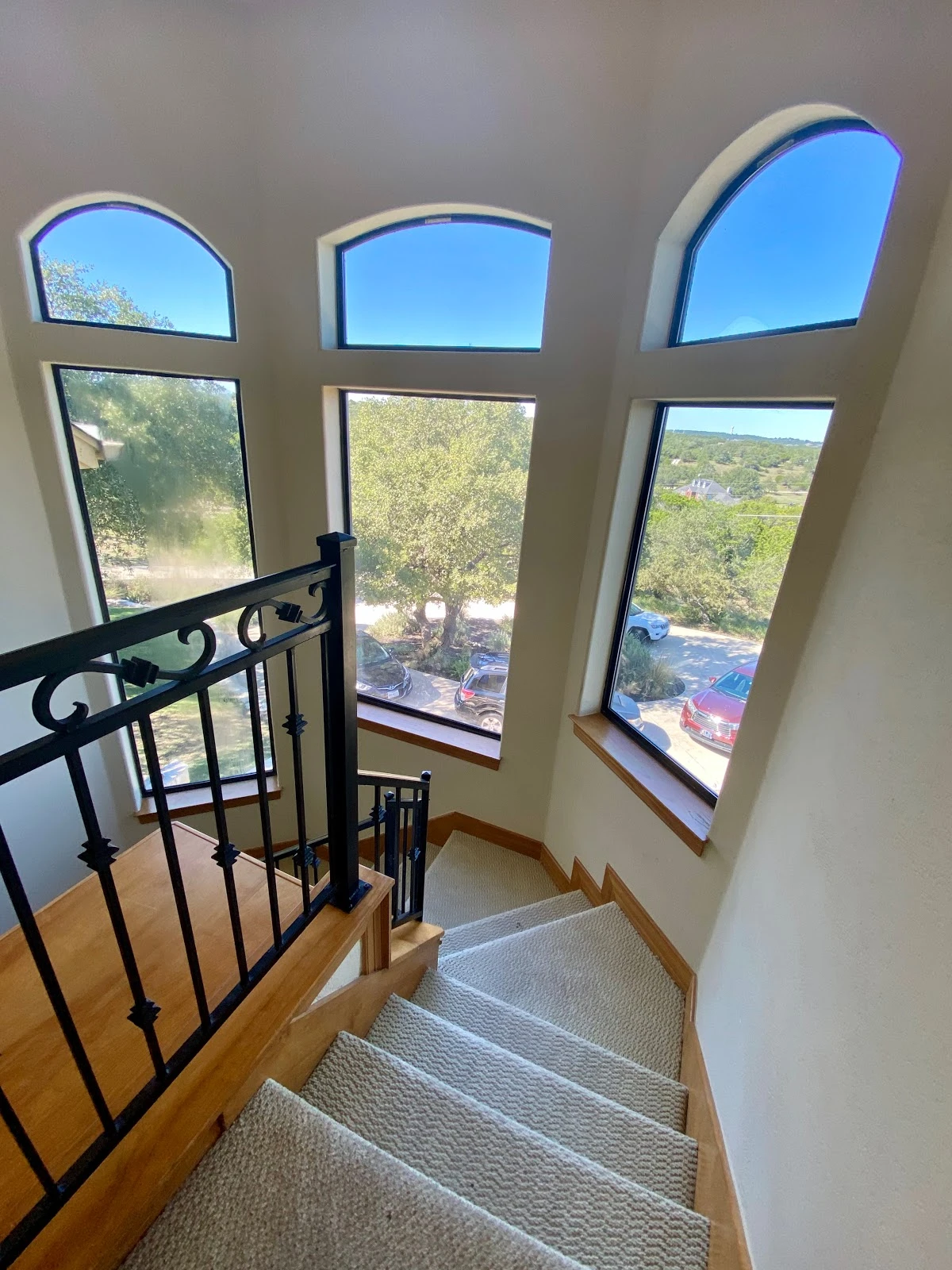Center for Discovery La Habra Information
Treatment
Who We Treat
- Teens / Adolescents
- Adolescents
Treatment Focus
- Eating Disorders
Approaches
- Individual Treatment
- Evidence-Based
- Family Therapy
- Group Therapy
- Non 12 Step
- Trauma Informed
- Cognitive Behavioral Therapy (CBT)
- Dialectical Behavior Therapy (DBT)
- 1-on-1 Counseling
- Yoga Therapy
- Nutrition Counseling
- Life Skills Training
Conditions We Treat
- Eating Disorders
- Co-Occurring Disorders
Languages
- English
Aftercare
- Aftercare App
- Alumni Events & Get-Togethers
Experience
On-Site Amenities
- Outdoor Dining
- Access to Nature
- Outdoor Lounge
Personal Amenities
- Shared Rooms
On-Site Activities
- Reading
- Yoga
Special Considerations
- Family Program
Accreditations
-
The Joint Commission
The Joint Commission, previously known as JCAHO, is a nonprofit organization that accredits rehabilitation organizations and programs. Established in 1951, its mission is to enhance the quality of patient care and showcase excellence in healthcare delivery.

Additional Locations
Center for Discovery La Habra Accepts The Following Insurance Plans
Find the best treatment options. Call our free and confidential helpline today!













